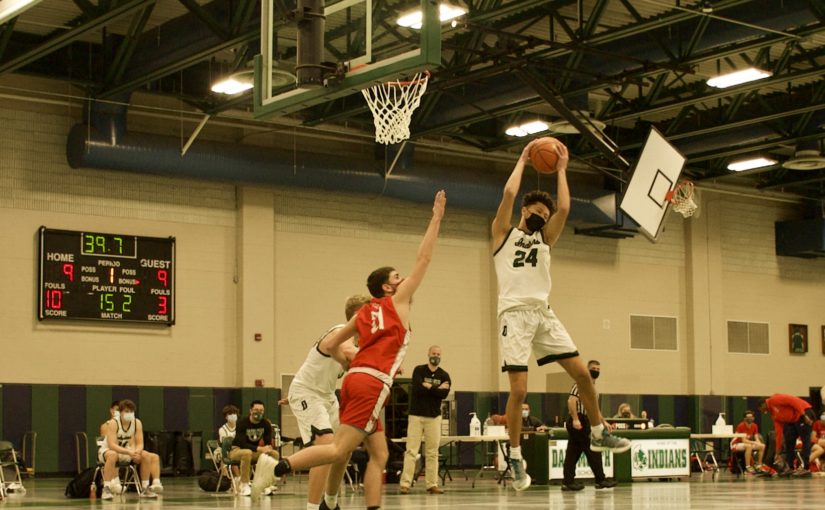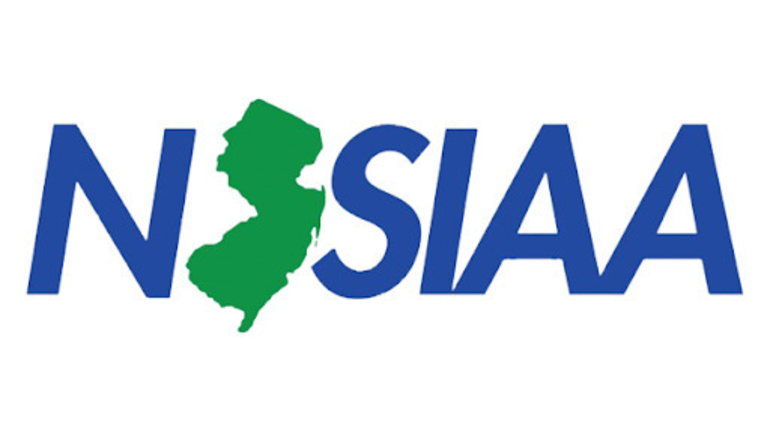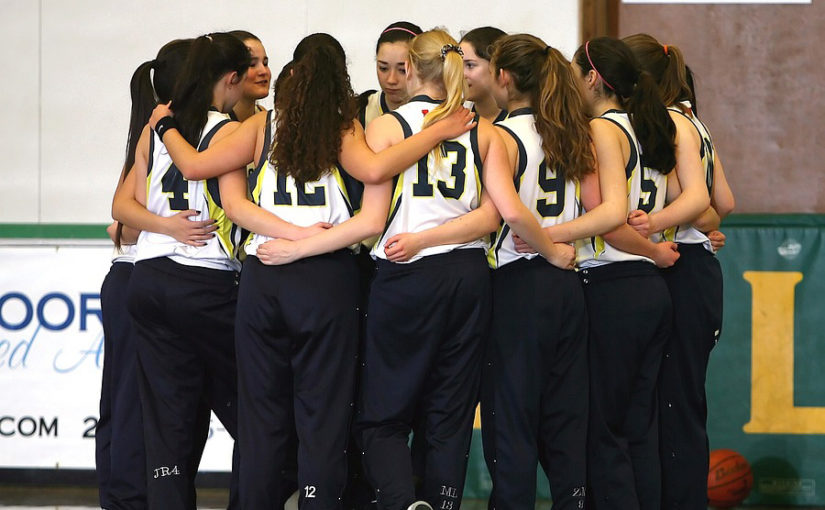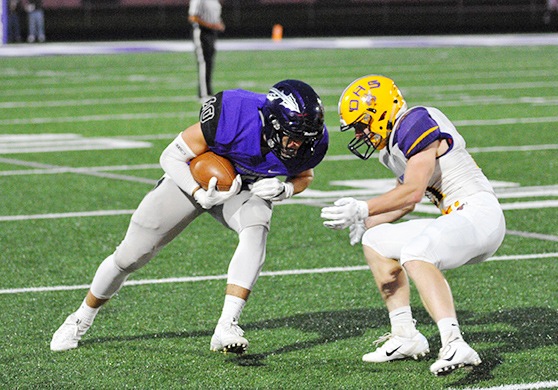Chicago HS Student-Athletes Weigh-In on Pandemic Effects
Approaching nearly a year since the COVID-19 pandemic overtook the lives of Americans from coast-to-coast, many news outlets are beginning to craft year-long perspectives on the impact of the virus-related shutdowns in various industries.A recent long-form feature from Karen Ann Cullotta and John Keilman, of the Chicago Tribune, featured a variety of student-athletes from Chicago opening up about the negative effects of not having athletics during the pandemic.

Below is an excerpt from Cullotta’s and Keilman’s story from the Chicago Tribune.
These days, when Holmes is not behind his laptop in a Zoom classroom, he’s earning extra cash working at a neighborhood Wendy’s restaurant.
Nearly one year after the arrival of the COVID-19 pandemic, students across Chicago and the suburbs say when it comes to high school, the thrill is gone, with simple pleasures such as huddling with friends in the hallways and catching up over lunch in the cafeteria displaced by a dystopian landscape of remote learning and virtual extracurriculars.
Some high schools outside of Chicago have reopened classrooms to offer limited in-person instruction, but student attendance overall has been abysmal. Many teens have concluded that as everything they cherished about high school is now forbidden, they might as well get some extra sleep, and sign on to remote learning from their bedrooms.
After 11 months of remote learning, and what many teens describe as the soul-crushing disappointment of canceled after-school activities, experts say a burgeoning number of teens — some of whom have never before faced mental health issues — are now struggling with anxiety and depression due to heightened levels of stress and social isolation.
While every other Midwestern state put on a fall football season, Illinois did not. That left Taven Washington, 18, a running back at Plainfield East, in a tough spot.
He had been speaking to coaches at Division 1 programs before the season and thought he stood a good chance at landing a scholarship. But when he sat idle in the fall, he could only watch as school after school filled their recruiting classes.
“My overall mental state, it definitely took a hit (from the shutdown),” he said. “I’m not going to lie. I think it did that for a lot of people.”
His mood improved considerably when football finally got the green light to begin its season in March, and Washington hopes a strong performance might yet win him a place in a college program.
Kyle Franklin, 17, an Immaculate Conception running back from Bellwood, tells a similar tale. He drew interest from Big 10 and Pac-12 teams before the pandemic, he said, but that evaporated when the fall season was postponed.
“They just, I wouldn’t say disappeared, but that’s basically what it was,” he said.
He kept training, though, even when he was sure the high school season was lost for good, and got his reward when he learned he’d be able to take the field with the Knights for one last campaign.
“I’ve always been positive regardless of whether we were going to have a season or not,” said Franklin, who ultimately signed with Indiana State. “My determination to get better is a lot stronger. My work ethic is a lot (sturdier), not only to work out by myself but also telling my teammates, ‘Hey, let’s go to the field, let’s work on our plays’ — just being a leader.’ ”
To read the full story from The Chicago Tribune, click here.












